Man has closed himself up, till he sees all things through the narrow chinks of his cavern
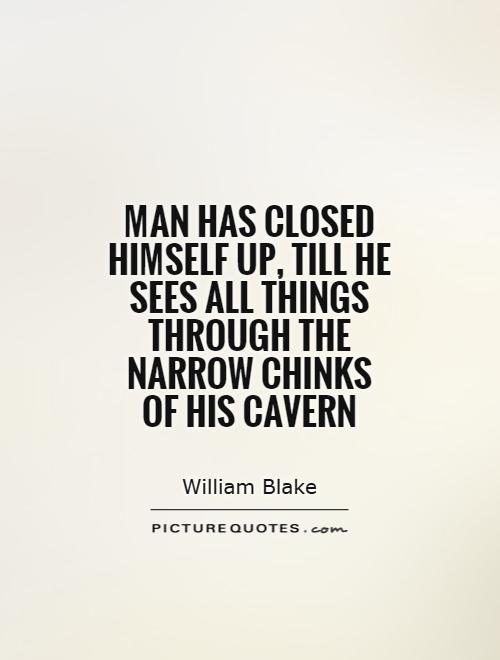
Man has closed himself up, till he sees all things through the narrow chinks of his cavern
The quote "Man has closed himself up, till he sees all things through the narrow chinks of his cavern" can be interpreted as a reflection of the limitations that humans place on themselves through their own perceptions and beliefs. This idea is particularly relevant in the context of the works of William Blake, a visionary poet and artist who often explored themes of imagination, creativity, and the limitations of human perception.In many of his poems and artworks, Blake challenges the conventional ways of thinking and encourages his audience to look beyond the narrow confines of their own beliefs and prejudices. He believed that true enlightenment could only be achieved by breaking free from the constraints of societal norms and embracing the boundless possibilities of the human imagination.
One of Blake's most famous works, "The Marriage of Heaven and Hell," explores the idea of duality and the interconnectedness of opposites. In this work, Blake argues that true wisdom can only be attained by embracing both the light and the dark aspects of human nature. By closing oneself off to one side of the spectrum, whether it be reason or emotion, humans limit their ability to fully understand the complexities of the world around them.
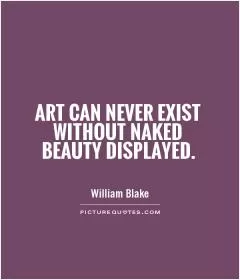


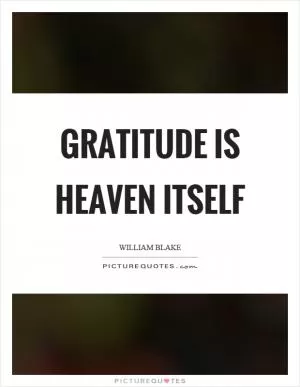


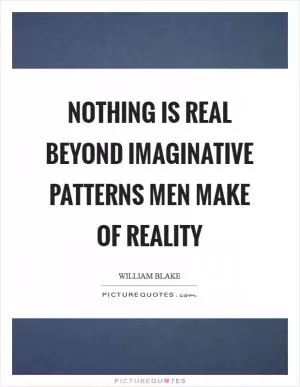

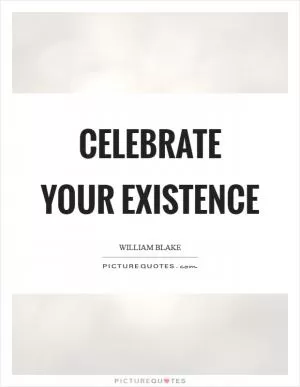
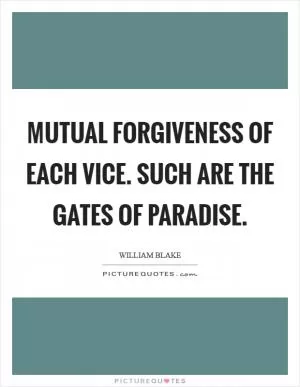
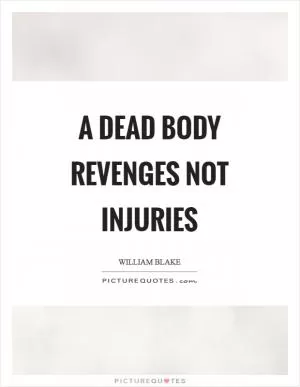

 Friendship Quotes
Friendship Quotes Love Quotes
Love Quotes Life Quotes
Life Quotes Funny Quotes
Funny Quotes Motivational Quotes
Motivational Quotes Inspirational Quotes
Inspirational Quotes